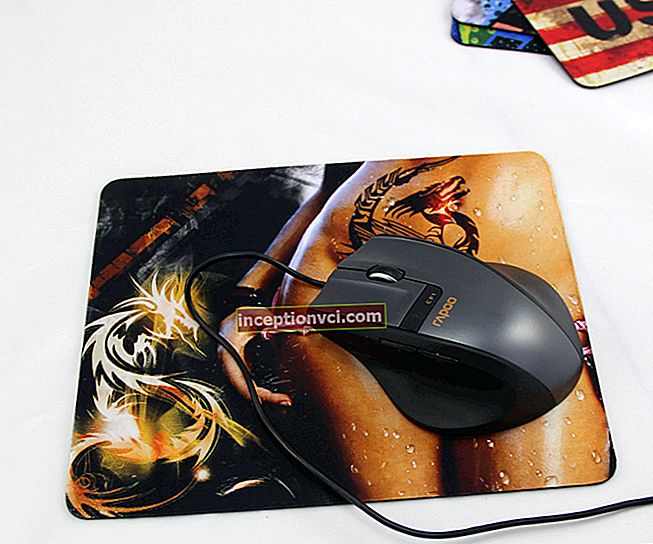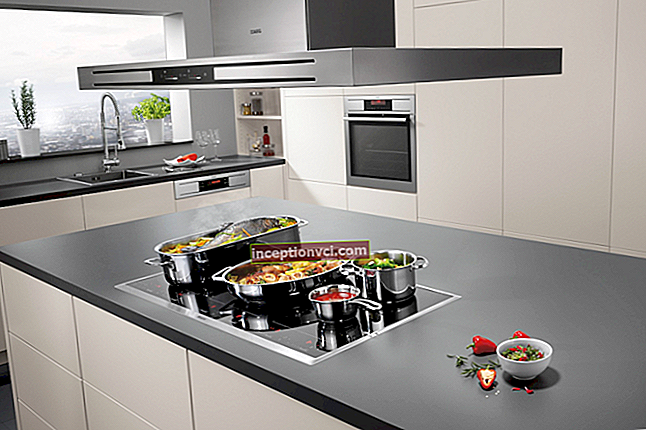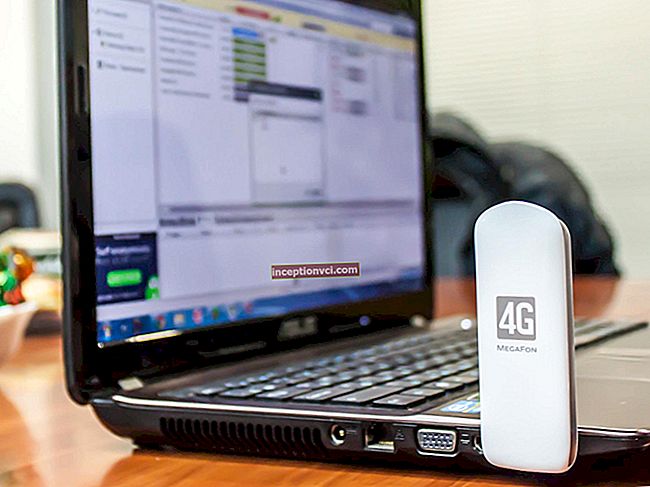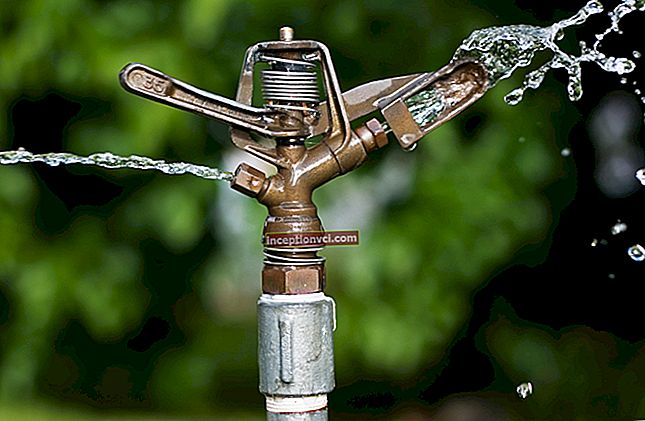Not sure how to choose the right power supply for your PC and not make a mistake? F.ua will tell you.
Choosing a power supply: step by step instructions

Step 1: decide on its power
To avoid system instability problems, calculate the power consumption of all components in your system. Use a power supply calculator (for example, MSI), where you can determine the optimal power numbers.
You can download the program here.
F.ua recommends choosing a power supply 1.5-2 times more powerful than the power calculator figure.
Step 2: choose its type
The differences between the device are in the types of connection:
- modular: cable connection if necessary - which is practical, since you can get rid of a lot of unnecessary wires inside the system unit;
- the standard one has a non-removable bundle of wires. Used in simple and cheap models.
The power supply is divided by the type of power factor correction (PFC):
- active - made in the form of an additional board and is another power source. In contrast to the passive one, it improves the operation of the power supply unit: it stabilizes the incoming voltage and is resistant to short-term voltage drops. Well-known manufacturers: Chieftec, FSP, CoolerMaster, etc .;
- the passive system does not effectively smooth out the voltage impulse. Fits into simple power supplies designed for budget enclosures. Popular manufacturers: Gembirg, Zalman, Logicpower, etc.

Pay attention to the connectors on your device's cables for connecting accessories. The ATX standard has all the necessary connectors to connect equipment:
- for gaming systems using additional power supply for video cards - not less than ATX 2.3;
- for office and multimedia systems - not lower than ATX 2.2.
Step 3: pay attention to the power rating
Be sure to pay attention to the nominal (constant) power of the device, and not to the peak (PEAK) - short-term), which is always higher.
Step 4: coefficient of performance (COP)
PSUs are distinguished by its efficiency (80%):
- below 80% - used in budget systems;
- above 80% - in gaming and with high performance. Such a power supply has an international 80 PLUS certificate, divided into several categories:
- Bronze,
- Silver,
- Gold,
- Platinum
- Titanium.
Benefits of high efficiency power supply:
- less energy consumption. For example, a 500W PSU with 80 Plus Gold certification - 90% efficiency, without certification - approximately 75% efficiency. At a load of 50% (250 W), a certified power supply consumes 277 W from the mains, an uncertified one - 333 W;
- reduced heating of the case, since 2 times less heat is dissipated;
- increased operating time of the power supply due to low temperatures;
- works quietly as it removes a small amount of heat and the fan runs at low speeds;
- high-quality power supply for components ensures reliable operation of the entire computer.
One drawback - high price.

Step 5: cooling the PSU
The larger the cooler (fan), the quieter its operation. Modern PSUs are equipped with fans of 120 mm or more, which change the number of revolutions depending on the load (in expensive devices).
Now you know which power supply to choose for your computer.
There is a large selection of these devices on our site. Order the product right now and tomorrow we will deliver it at a convenient time for you. Call (044) 206 206 9 (call from the site is free). Happy shopping!









